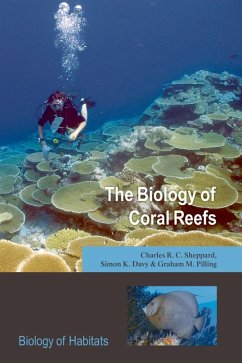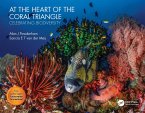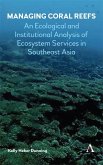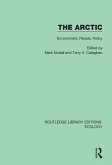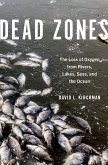Coral reefs represent the most spectacular and diverse marine ecosystem on the planet as well as a critical source of income for millions of people. However, the combined effects of human activity have led to a rapid decline in the health of reefs worldwide, with many now facing complete destruction. This timely book provides an integrated overview of the function, physiology, ecology, and behaviour of coral reef organisms. Each chapter is enriched with a selection of 'boxes' on specific aspects written by internationally recognised experts. As with other books in the Biology of Habitats Series, the emphasis in this book is on the organisms that dominate this marine environment although pollution, conservation, climate change, and experimental aspects are also included. Indeed, particular emphasis is placed on conservation and management due to the habitat's critically endangered status. A global range of examples is employed which gives the book international relevance. This accessible text is intended for students, naturalists and professionals and assumes no previous knowledge of coral reef biology. It is particularly suitable for both senior undergraduate and graduate students (in departments of biology, geography, and environmental science) taking courses in coral reef ecology, marine biology, oceanography and conservation biology, as well as the many professional ecologists and conservation biologists requiring a concise overview of the topic. It will also be of relevance and use to reef managers, recreational divers, and amateur naturalists.
Dieser Download kann aus rechtlichen Gründen nur mit Rechnungsadresse in A, B, BG, CY, CZ, D, DK, EW, E, FIN, F, GR, HR, H, IRL, I, LT, L, LR, M, NL, PL, P, R, S, SLO, SK ausgeliefert werden.

